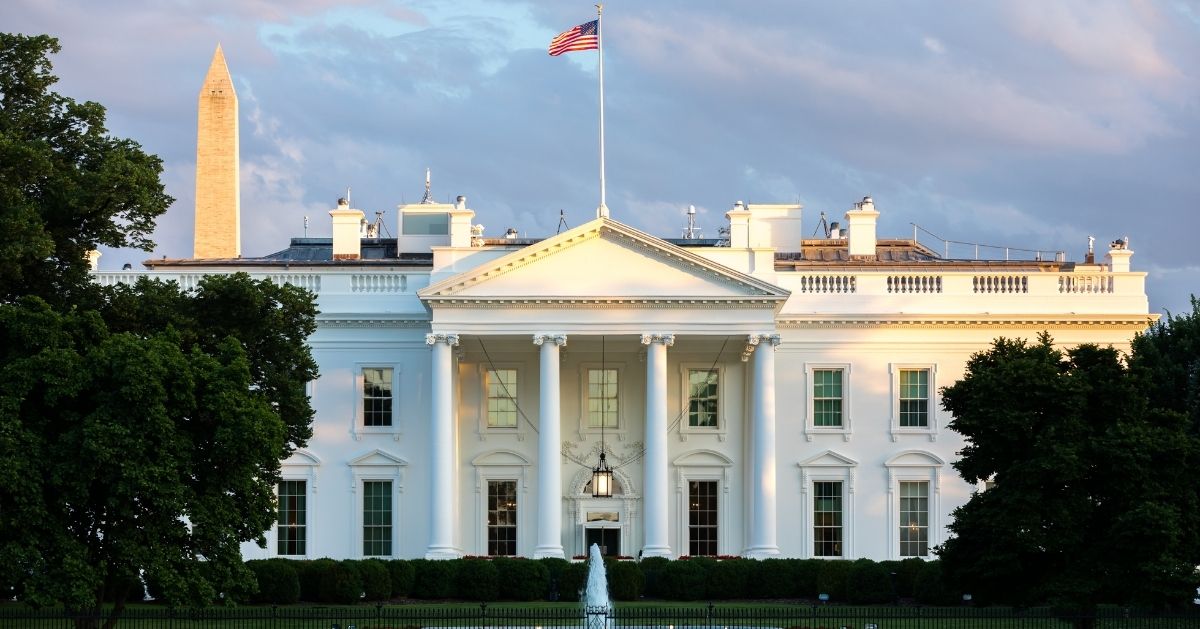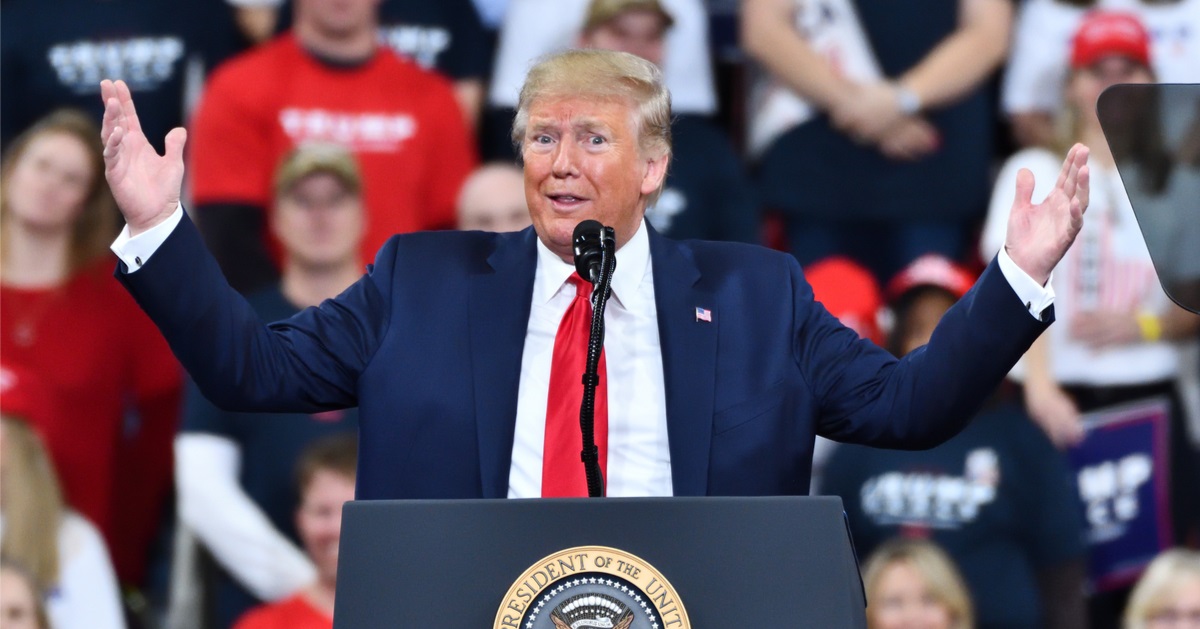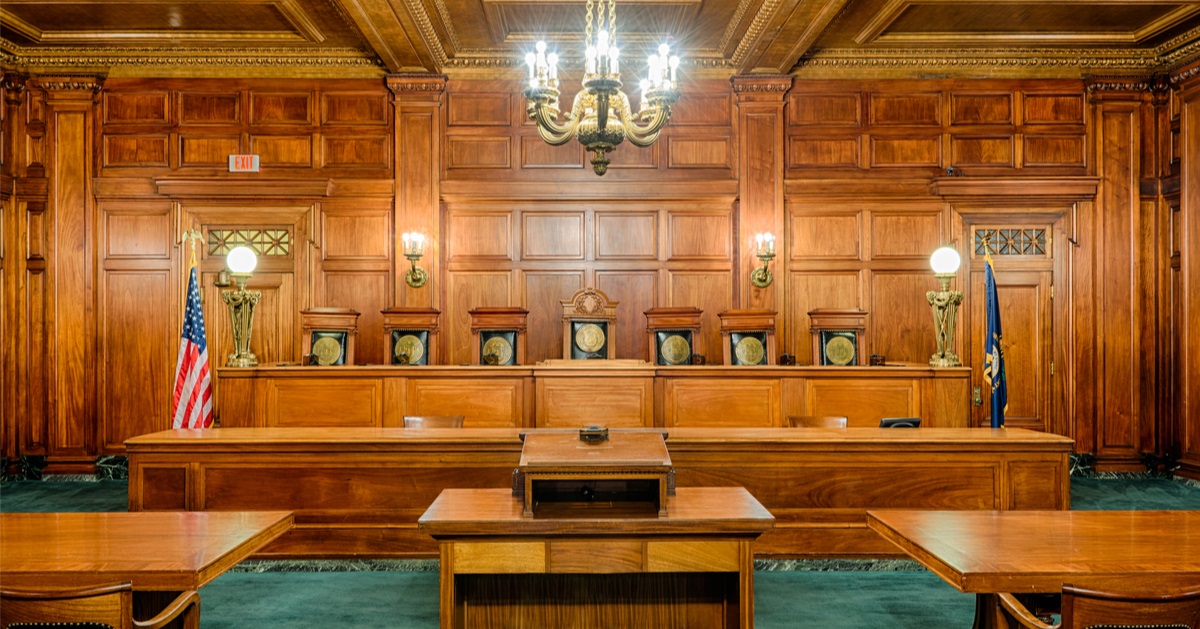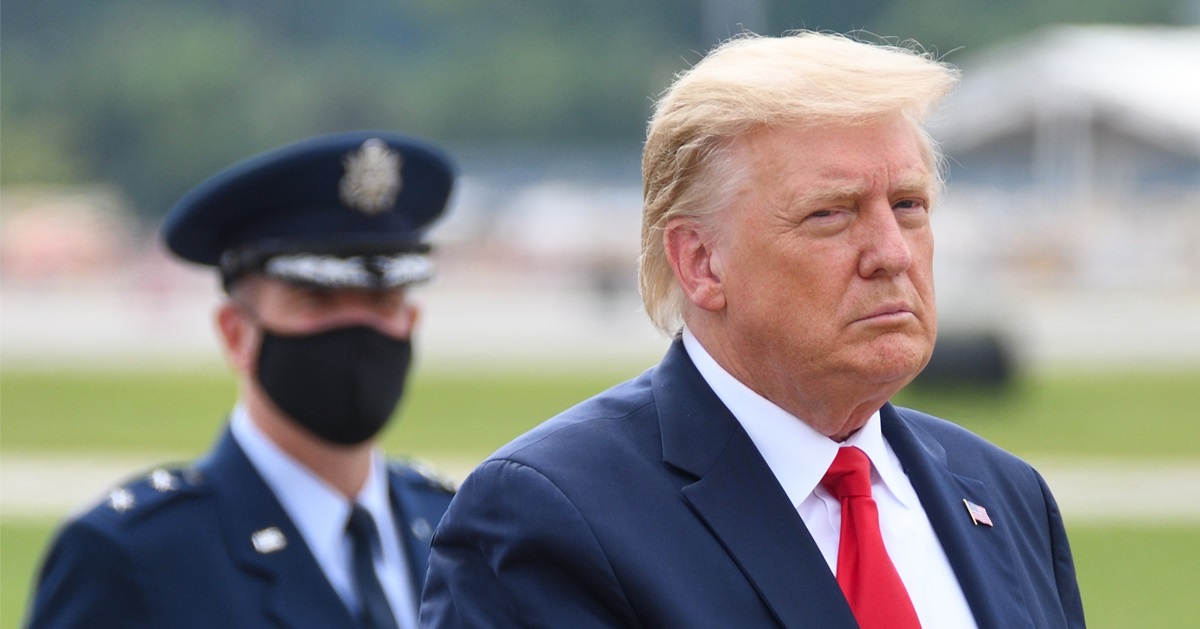TikTok to be banned at University of Houston while Supreme Court considers constitutionality of federal ban
The Supreme Court will determine the constitutionality of a federal law that bans the social media platform TikTok and other foreign adversary-owned online apps in the U.S.
Before the justices hear arguments in that case, though, the University of Houston will ban TikTok from being used on the school's network or any university-owned device, the Washington Examiner reported.
The ban stems from an executive order issued two years earlier by Texas Gov. Greg Abbott that was later codified into state law in mid-2023 but could face legal challenges.
University of Houston to ban TikTok next month
In a Monday announcement, the University of Houston informed all "faculty, staff, and students" that, beginning on Jan. 3, the university would "begin blocking TikTok as well as other prohibited technologies and covered applications" from its network and all university-owned "computers and mobile devices."
The impetus for that ban was a Dec. 7, 2022, executive order from Gov. Abbott that warned all state agency heads of the potential security risks and surveillance threats posed by TikTok and its Chinese-owned parent company ByteDance that has been linked to the Chinese Communist Party.
"Because of these threats, effective immediately, every state agency in Texas shall ban its officers and employees from downloading or using TikTok on any of its government-issued devices," Abbott wrote. "This TikTok ban extends to all state-issued cell phones, laptops, tablets, desktop computers, and other devices capable of internet connectivity, and it must be strictly enforced by your agency’s IT department."
Less than six months later, the ban was codified in state law as Government Code Chapter 620 and prohibited the "use of certain social media applications and services on governmental entity devices," and specifically named "the social media service TikTok or any successor application or service developed or provided by ByteDance Limited or an entity owned by ByteDance Limited."
According to the Texas Department of Information Resources, TikTok is just one of about a dozen foreign adversary-owned apps or software that are prohibited in the state, including Chinese social media app WeChat and Russian antivirus software Kaspersky, along with a half-dozen foreign adversary-owned manufacturers like China's Huawei Technologies and ZTE Corporation, among others.
Supreme Court to consider legality of federal TikTok ban
Meanwhile, about one week after the University of Houston's TikTok ban takes effect, the U.S. Supreme Court will hear oral arguments on Jan. 10 about the constitutionality of a federal law passed earlier this year that seeks to ban TikTok in the U.S. unless Chinese-owned ByteDance is sold to U.S. ownership, according to SCOTUSblog.
That ban, which is set to go into effect on Jan. 19 unless the justices say otherwise, stems from the Protecting Americans from Foreign Adversary Controlled Applications Act, which was passed with bipartisan support by both chambers of Congress and was signed into law by President Joe Biden in April.
The law "prohibits distributing, maintaining, or providing internet hosting services for a foreign adversary controlled application," such as TikTok, and authorizes the Justice Department to investigate and impose "civil penalties" against any violators of the prohibition.
TikTok and ByteDance, along with several U.S. users of the platform, have argued that the law is an unconstitutional violation of the First Amendment-protected free speech rights of the platform and its users.
TikTok's future is unclear right now
It is unclear how the justices will ultimately rule on the federal TikTok ban, but it seems likely that if they decide it is unconstitutional, similar restrictions against the platform, such as the impending ban by the University of Houston, will also be closely scrutinized and overturned as unlawful.
Yet, even if the ban is upheld, it remains to be seen how strictly it and similar prohibitions will be enforced, given the popularity of the platform that boasts an estimated 170 million U.S. users -- including President-elect Donald Trump.






